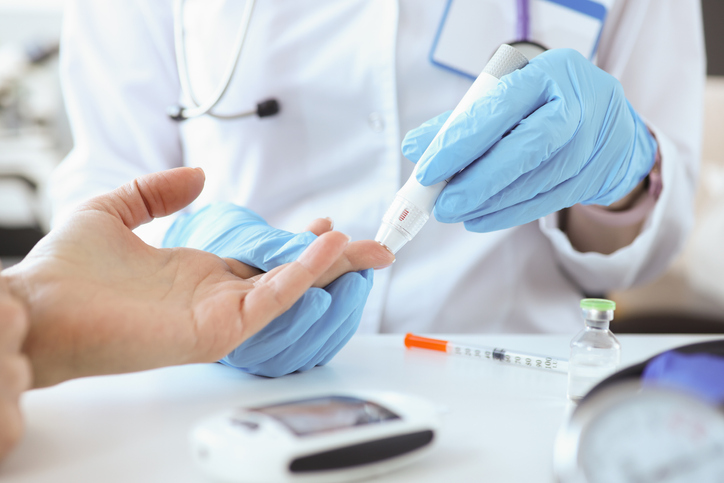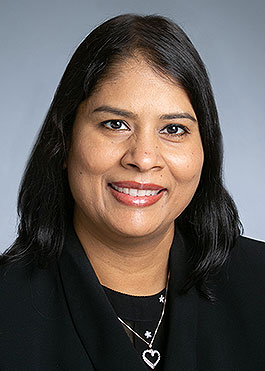
Diabetes is the seventh leading cause of death in the United States. According to the Centers for Centers for Disease Control and Prevention, the number of people diagnosed with diabetes in the last 20 years has more than doubled.
Diabetes is a long-lasting health condition. When food is eaten, it is digested in the stomach and intestines, broken down to glucose, and then absorbed into the bloodstream. When the sugar level in the blood goes up, the pancreas releases a hormone called insulin, which acts as a key to unlock the cell door for the glucose to enter the cell to be used as fuel.
Diabetes occurs when the body is unable to regulate the amount of glucose in the blood.
For patients with diabetes, the body either does not make enough or any insulin (type 1 diabetes), or body cells do not respond to insulin and use it as they should (type 2 diabetes). When there is not enough insulin, we are left with elevated blood sugars in the bloodstream.
Types of Diabetes
Diabetes can be type I, which occurs because our immune system destroys the pancreatic cells that make insulin. It occurs in children and young people under age 30. Type I diabetic patients are dependent on insulin and need to have insulin injections regularly.
Type 2 diabetes usually develops in older people and is the most common type of diabetes. In these patients, insulin is produced that does not work properly, which is often referred to as insulin resistance.
Prediabetes is a stage before diabetes where you have elevated blood glucose levels but not high enough to diagnose with type 2 diabetes.
Gestational diabetes occurs in some women during pregnancy. Usually goes away after delivery. These patients need to be monitored closely as they are at higher risk of developing type 2 diabetes later in life.
Complications of Diabetes
Long-term complications of diabetes include blockages in the heart, increased risk of heart attack, nerve damage, kidney damage, kidney failure (where patients can end up with dialysis or transplantation), eye damage, blockages in the lower extremity, poor healing of the wounds, skin infection and others.
The Importance of Lifestyle Changes
Healthy meal planning is very crucial. Dietary recommendations include a Mediterranean diet, which includes vegetables, whole grains, beans, healthy fats, low sugars and fruits; and the DASH diet. Keep a food diary and count the calories of everything you eat. A dietitian can help with meal planning.
Exercise regularly for at least 30 minutes most days of the week in the form of moderate-intensity walking, swimming or any aerobic activity of your choice.
Maintaining a healthy weight is very crucial. Smoking cessation is especially important.
Regular checkups with your doctor are essential. With regular testing of your blood sugar, cholesterol and A1C levels, along with close blood pressure monitoring, your physician can review results from the previous two to three months to assure your medications are working effectively.
Control stress with relaxation techniques, deep breathing exercises, meditation, and yoga. Decrease consumption of alcohol. Ensure you are receiving an adequate amount of sleep, typically seven hours.
In conclusion, it is important to keep regular sleeping patterns, exercise consistently, meditate regularly, decrease alcohol consumption, and stay hydrated. These are just a few key measures to keep in mind. As the holidays can be overwhelming, it is okay to decline holiday invitations and maintain your regular routine.

